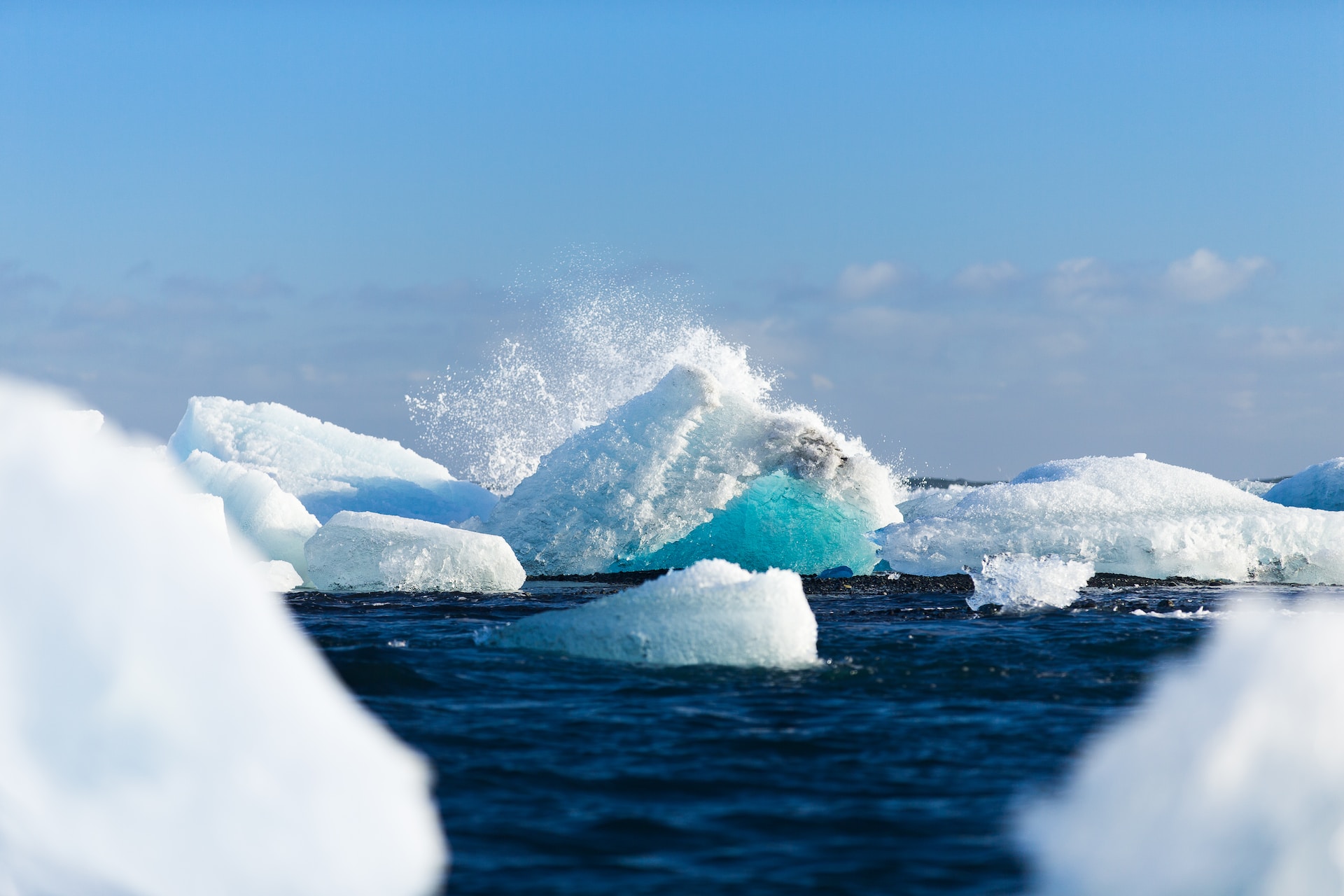In a recent and unsettling discovery, scientists have observed a drastic decline in the mass of Antarctica’s ice shelves over the past 25 years. A new study, published in the journal Science Advances, reported that a staggering 40% of these ice shelves have seen significant reductions, sounding a stark warning for the future of our planet.
A Continuous Melt
The research reveals that 71 out of the 162 ice shelves in Antarctica lost mass between 1997 and 2021. Of these, 68 showed a “statistically significant” reduction. What is even more concerning is that these losses surpassed the typical fluctuations observed in ice shelf mass. This trend adds weight to the pile of evidence pointing towards the undeniable impacts of human-induced climate change on the frozen continent. As succinctly put by the European Space Agency (ESA), these findings are nothing short of “alarming.”
Benjamin Davison, the lead author of the study and a research fellow at the University of Leeds, elucidated the unexpected findings, “We had initially expected most ice shelves to undergo short-lived periods of rapid shrinking, followed by a slower recovery. However, what we observe now is that almost half of them are shrinking continuously, with no indication of any rebound.”
Out of the total, 29 ice shelves showed an increase in mass during the studied period, and 62 remained largely unchanged. Alarmingly, 48 of the ice shelves saw more than a 30% decrease in their mass over the two and a half decades.
The Underlying Causes
A primary factor responsible for the melting is the changing ocean currents and wind patterns on the western side of Antarctica. These climatic shifts are propelling warmer water beneath the ice shelves, intensifying the melting process.
The Global Impact
The implications of melting ice shelves are profound. These shelves play a pivotal role in preserving the stability of the region’s glaciers by decelerating their flow into the oceans. With the ice shelves diminishing, freshwater influx into the ocean could surge, potentially disrupting oceanic circulation, as pointed out by the ESA, whose satellite radar imagery contributed significantly to the study.

Further, recent data has shown that sea ice surrounding Antarctica has plummeted to record low levels this winter. This emphasizes the mounting concern among scientists regarding the escalating impacts of climate change on the southernmost point of our planet.
Antarctica, in conjunction with Greenland, houses approximately two-thirds of the planet’s freshwater reserves, as stated by NASA. Since 1993, the meltwater from these reserves has been accountable for roughly one-third of the global average increase in sea levels.
Conclusion
The revelations about Antarctica’s declining ice shelves are a testament to the accelerating impacts of global warming. As one of the most remote and pristine places on Earth, Antarctica’s health is a crucial indicator of the planet’s overall well-being. The significant loss of ice mass underscores the urgent need for decisive action against climate change, lest we reach a point of no return.
The world awaits with bated breath as researchers continue their studies, hoping for solutions and strategies to mitigate the damages already done and prevent further harm to our invaluable icy frontier.
©globalgreenhouse.eu

